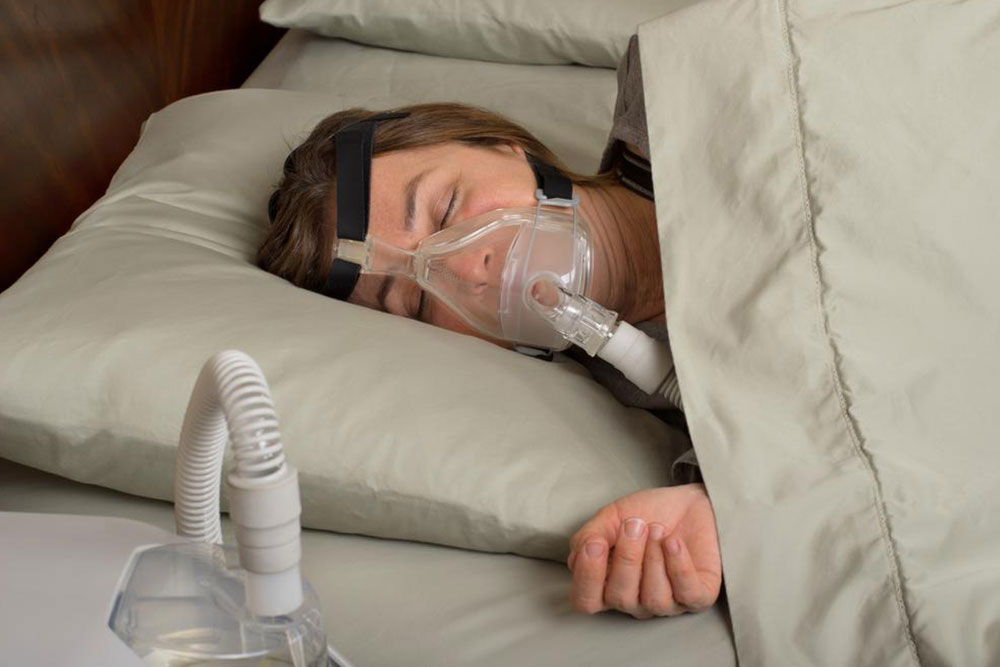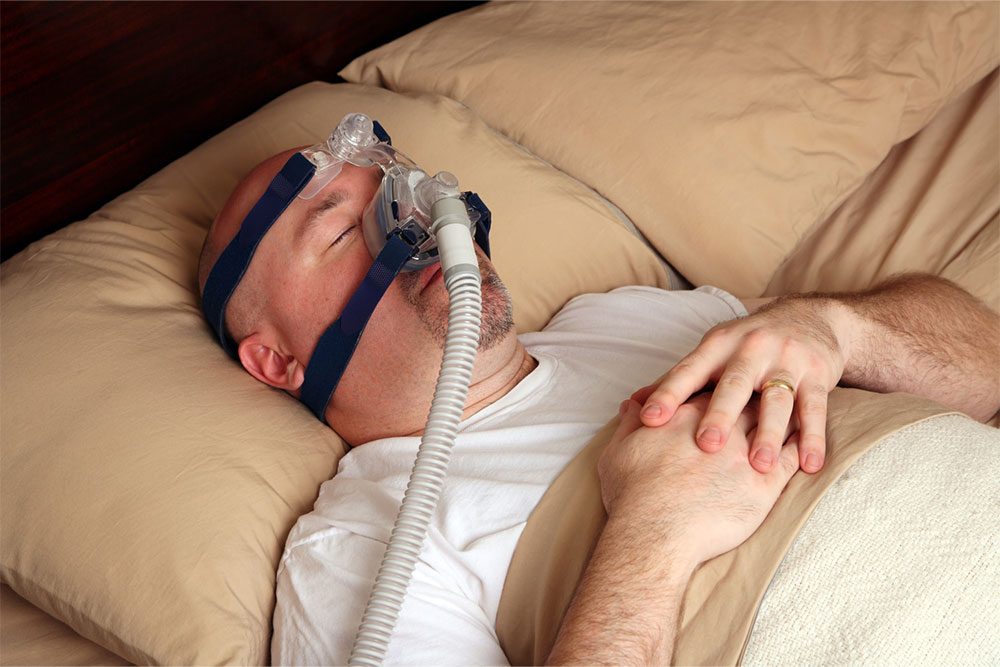Effective Strategies to Manage Sleep Apnea
Discover effective natural and medical strategies to manage sleep apnea, including position changes, yoga, weight management, oral devices, and lifestyle adjustments. Consulting healthcare professionals ensures proper diagnosis and personalized treatment, reducing risks of serious health issues and enhancing overall sleep quality.
Sponsored

Sleep apnea is a widespread but serious sleep disorder characterized by breathing interruptions during sleep. It occurs when the upper airway becomes blocked or the brain fails to signal breathing properly, causing airflow to pause for ten seconds or longer. This condition affects both adults and children and can lead to low oxygen levels. Several treatment methods are available to address sleep apnea.
Central sleep apnea occurs when the brain doesn't send proper signals to breathing muscles, despite open airways.
Obstructive sleep apnea results from airway blockage, often due to tissue collapse at the back of the throat during sleep.
Identifying symptoms is crucial for diagnosis. Common signs include snoring with choking sounds, daytime fatigue, difficulty concentrating, mood changes, weight gain, night sweats, sexual issues, forgetfulness, and frequent urination at night. However, these symptoms are not exclusive to sleep apnea.
Accurate diagnosis requires consulting healthcare professionals. If untreated, sleep apnea increases risks of stroke, hypertension, diabetes, headaches, heart problems, ADHD complications, depression, and impacts daily functioning.
Several natural remedies can help manage this condition:
Adjust Sleeping PositionsResearch indicates that sleeping on your back can worsen sleep apnea symptoms by blocking airways. Side sleeping can reduce snoring and breathing interruptions; however, back sleeping may benefit children. Discuss sleeping postures with a healthcare provider for tailored advice. Practice Yoga
Engaging in regular yoga improves respiratory function, strengthens the heart, and enhances oxygen flow. Specific breathing techniques are effective for sleep apnea management, according to medical experts. Maintain a Healthy Weight
Overweight individuals are more prone to airway blockage. Losing excess weight significantly reduces sleep apnea severity. Returning to a healthy weight post-weight loss helps prevent the condition's recurrence. Use Oral Devices
Many patients find oral appliances more comfortable than CPAP masks. Devices like mandibular advancement devices keep the airway open by positioning the jaw forward and stabilizing the tongue, facilitating smoother breathing during sleep. Avoid Smoking and Alcohol
Quitting smoking reduces airway inflammation, while limiting alcohol prevents throat muscle relaxation that worsens breathing disruptions. Lifestyle modifications are essential components of sleep apnea management.
If symptoms persist, consult a healthcare provider for proper diagnosis and treatment options. Early intervention can prevent serious health complications and improve sleep quality.






